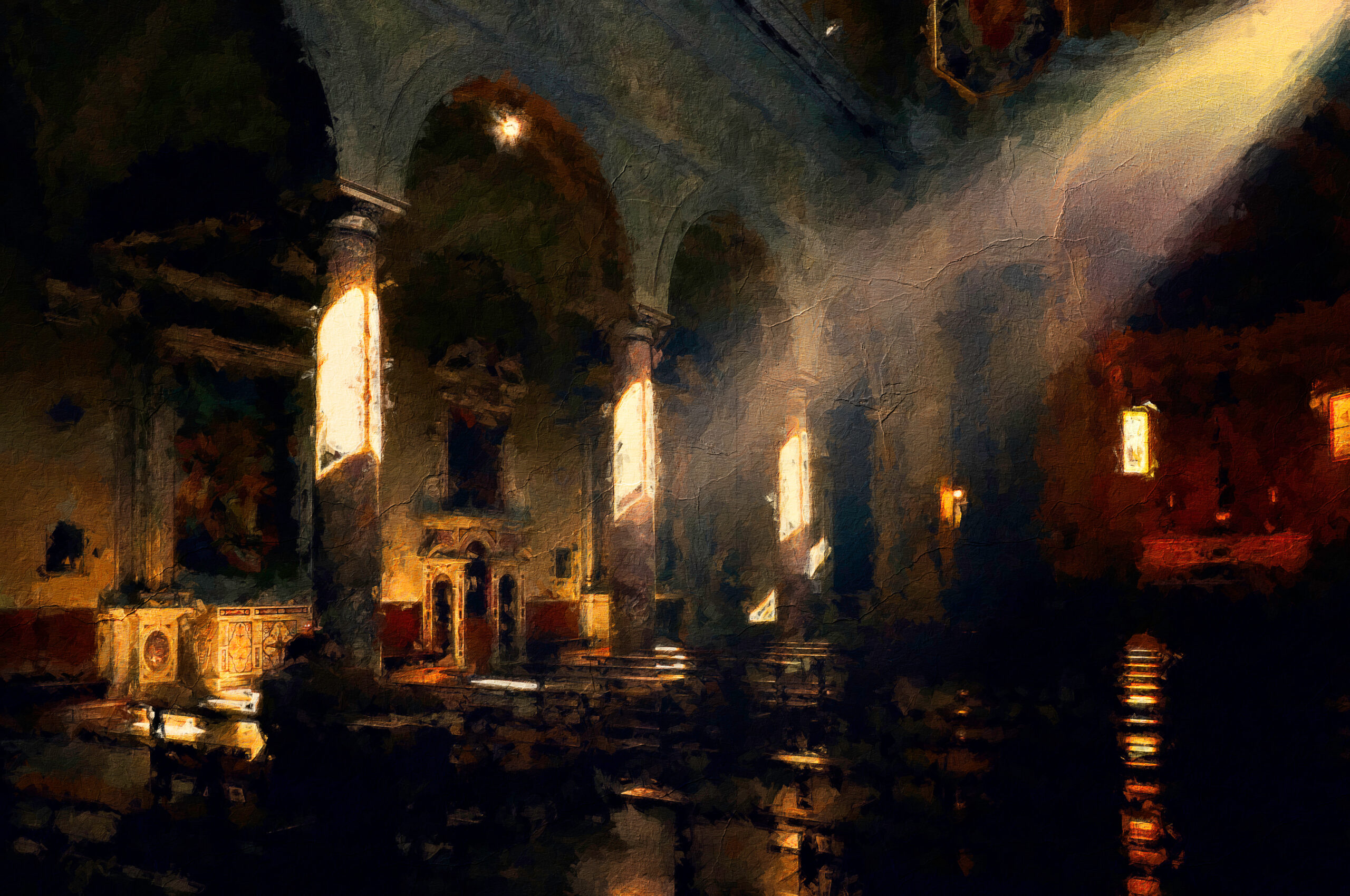WHEN beginners become aware of their own fervor and diligence in their spiritual works and devotional exercises, this prosperity of theirs gives rise to secret pride—though holy things tend of their own nature to humility—because of their imperfections; and the issue is that they conceive a certain satisfaction in the contemplation of their works and of themselves. From the same source, too, proceeds that empty eagerness which they display to some extent, and occasionally very much, in speaking before others of the spiritual life, and sometimes as teachers rather than learners. They condemn others in their heart when they see that they are not devout in their way. Sometimes also they say it in words, showing themselves herein to be like the Pharisee, who in the act of prayer boasted of his own works and despised the Publican.
Their fervor, and desire to do these and other works, is frequently fed by Satan in order that they may grow in pride and presumption: he knows perfectly well that all their virtue and works are not only nothing worth, but rather tending to sin. Some of them go so far as to desire none should be thought good but themselves, and so, at all times, both in word and deed fall into condemnation and detraction of others. They see the mote in the eye of their brother, but not the beam which is in their own. They strain out the gnat in another man’s cup, and swallow the camel in their own.
Sometimes, also, when their spiritual masters, such as confessors and superiors, do not approve of their spirit and conduct—for they wish to be praised and considered for what they do—they decide that they are not understood, and that their superiors are not spiritual men because they do not approve and sanction their proceedings. So they go about in quest of some one else, who will accommodate himself to their fancy; for in general they love to discuss their spiritual state with those who, they think, will commend and respect it. They avoid, as they would death, those who destroy their delusion with the view of leading them into a safe way, and sometimes they even hate them. Presuming greatly on themselves, they make many resolutions, and accomplish little. They are occasionally desirous that others should perceive their spirituality and devotion, and for that end they give outward tokens by movements, sighs and divers ceremonies; sometimes, too, they fall into certain trances in public rather than in private—whereunto Satan contributes—and are pleased when others are witnesses of them.
Many of them seek to be the favorites of their confessors, and the result is endless envy and disquietude. They are ashamed to confess their sins plainly, lest their confessors should think less of them, so they go about palliating them, that they may not seem so bad; which is excusing rather than accusing themselves. Sometimes they go to a stranger to confess their sin, that their usual confessor may think they are not sinners, but good people. And so they always take pleasure in telling him of their goodness, and that in terms suggestive of more than is in them: at the least, they wish all their goodness to be appreciated, when it would be greater humility on their part, as I shall presently show, to undervalue it, and wish that neither their confessor nor anyone else should think it of the least importance.
From these some go on to very serious imperfections, and come to great harm thereby. Some, however, fall into them less than others, and some have to contend with little more than the first movements of them. But scarcely anyone can be found who, in his first fervors, did not fall into some of them.
This article is taken from the Introduction of Dark Night of the Soul by St. John of the Cross, which is available from TAN Books.







